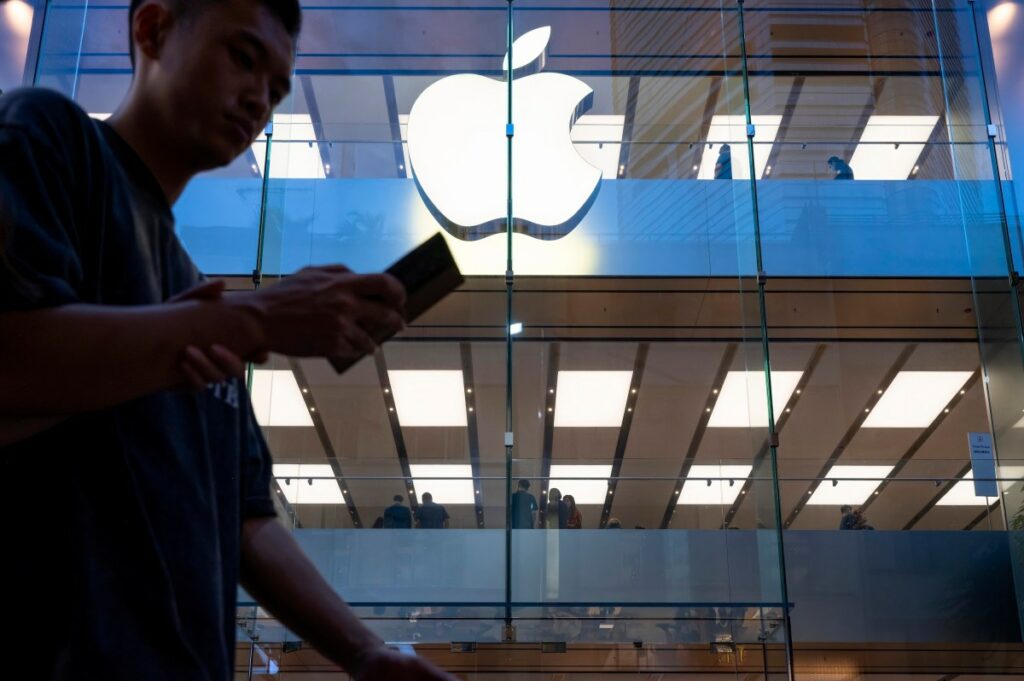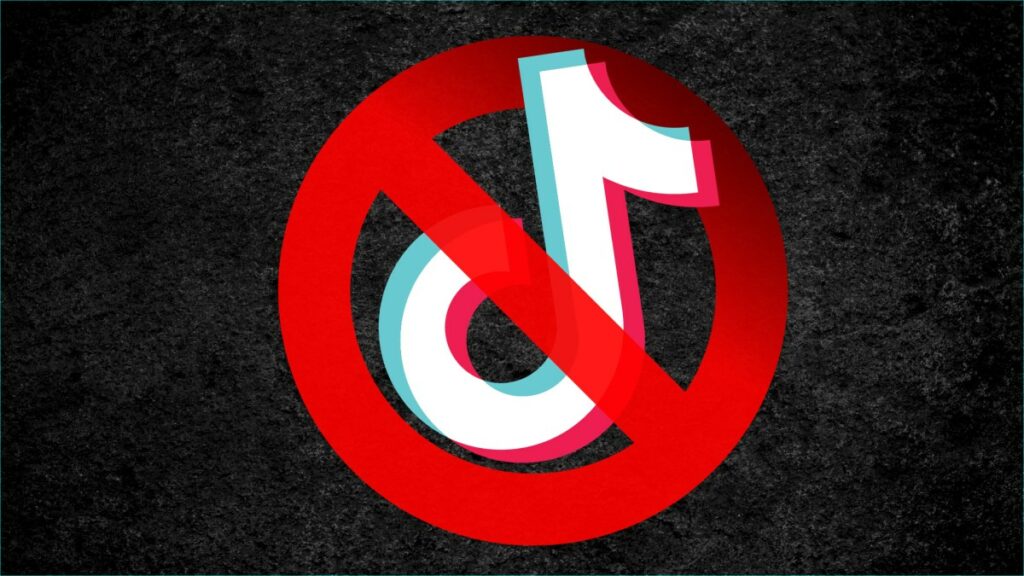Apple on Thursday shared how it’s making changes to comply with a Texas state law, SB2420, which introduces age assurance requirements for app stores and app developers.
Although Apple already rolled out its own age assurance technology and tools earlier this year in anticipation of a regulatory crackdown, the tech giant called out the Texas law over privacy concerns.
In a developer announcement, Apple explains, “…we are concerned that SB2420 impacts the privacy of users by requiring the collection of sensitive, personally identifiable information to download any app, even if a user simply wants to check the weather or sports scores.”
The Texas law is one of several going into effect in the United States, given the failure of lawmakers and the federal government to create comprehensive internet regulations to protect minors online. As a result, states are coming up with their own laws with similar intentions, but different methods of implementation.
A tech giant like Apple has the resources to comply with such laws, but smaller developers would not, without Apple’s provided tools. Other smaller startups are impacted by these laws, as well. For instance, social networking startup Bluesky had to block its service in Mississippi as the company said it didn’t have the resources to comply with the law.
When the law goes into effect on January 1, 2026, Apple will be required to confirm whether Texas users are 18 years or older, and those under 18 will be required to join a Family Sharing group, managed by parents or guardians. Parents and guardians will have to provide consent for all the minor’s App Store downloads, purchases, and transactions, using Apple’s existing in-app purchase system.
To comply with the law, Apple said it will help developers determine age in a “privacy-preserving way.” For now, developers can use its Declared Age Range API, which will be updated before the law goes into effect to provide the age categories for new account users in Texas.
In addition, Apple will roll out new APIs later this year that will allow developers to get parental consent if they make significant changes to their app that would require a different age rating. Parents will also be able to revoke consent after it’s granted, if they determine the app is not appropriate for their child. (Though we can imagine this being used as a new punishment technique; no Instagram for a month!)
Apple warned developers that similar laws will be coming into effect in Utah and Louisiana later in the year, so they need to get prepared.


